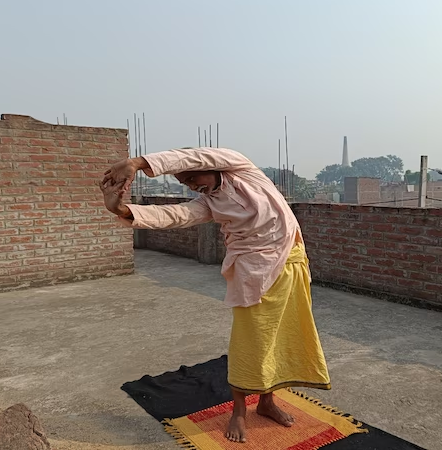Vitamin D is an essential nutrient that helps control the amount of calcium and phosphate in the body. It helps in improving the health of bones, teeth, and muscles. Besides this, it also prevents the risk of bone diseases like rickets in children and pain caused by a condition called osteomalacia in young people.

Vitamin D deficiency
A deficiency of Vitamin D in the body can lead to low bone density, which increases the risk of osteoporosis and fractures. Excessive deficiency of Vitamin D can cause rickets in children. Several researchers have also linked vitamin D deficiency to other diseases including diabetes, high blood pressure, cancer, and autoimmune conditions like multiple sclerosis.
Signs of vitamin D deficiency
A good level of Vitamin D in the body helps in maintaining a healthy immune system. This means it can help fight common infections such as the flu or cold. However, a lack of Vitamin D can make you fall ill more frequently and regularly.

Symptoms of Vitamin D Deficiency
Fatigue
Sleeplessness
Pain in bones
Depression or feeling sad
Hair loss
Less muscles
Loss of appetite
Vitamin D Rich Food
Oily fish such as salmon, sardines, herring, and mackerel
Red meat
Liver
Egg yolk
Fortified food
Vitamin d supplements

Exposure to sunlight or eating foods rich in vitamin D is not the only way you can meet your daily vitamin D requirement. According to the NHS, as it is difficult for people to get enough vitamin D from food alone, everyone (including pregnant and breastfeeding women) can take vitamin D supplements during the winter season. However, be sure to consult a doctor before taking vitamin D supplements.










